1. Introduction
The Layer Chick Cage is a specialized poultry housing system designed for raising young layer chicks in a controlled and secure environment. These cages are essential during the early stages of a chick’s life, providing safety, adequate space, ventilation, and proper access to feed and water. Layer chick cages help farmers ensure optimal growth rates, reduce mortality, and prepare chicks for their transition into larger housing systems like pullet cages or layer cages.
As poultry farming modernizes, Layer Chick Cages have become fundamental in commercial operations for achieving uniform growth and high productivity. These systems emphasize hygiene, biosecurity, and automation to enhance management efficiency.
2. Technical Specifications
Cage Dimensions | Length: 1200–1400 mm |
| Width: 600–700 mm |
| Height: 300–400 mm |
Tier Levels | 2 to 4 tiers |
Material | Hot-dip galvanized steel wire |
Wire Diameter | 1.5–3.0 mm |
Floor Mesh Opening Size | 10–15 mm (to protect chick feet) |
Door Type | Sliding or swing doors |
Feeding System | Manual trough or automatic chain feeding |
Drinking System | Nipple drinkers with drip cups |
Bird Capacity per Cage | 40–80 chicks depending on tier and size |
Manure Removal | Manure boards or automated manure belts |
Coating | Galvanized with anti-corrosion treatment |
3. Key Features
3.1 Strong and Durable Construction
Constructed with high-quality hot-dip galvanized steel, Layer Chick Cages are resistant to rust and corrosion. The material withstands the humid and harsh environment of poultry houses, ensuring a long service life.
3.2 Optimal Ventilation
The wire mesh design ensures excellent airflow, reducing heat stress and moisture accumulation, which are critical factors in maintaining chick health.
3.3 Safety and Comfort
Floor mesh is designed with appropriate hole sizes to prevent foot injuries and facilitate waste removal. Doors allow easy access for chick management without compromising safety.
3.4 Multi-Tier Design
The vertical stacking allows efficient use of space, increasing stocking density while maintaining suitable living conditions.
3.5 Integrated Feeding and Watering Systems
Automatic chain feeding or manual troughs paired with nipple drinkers guarantee easy access to feed and fresh water, promoting steady growth.
3.6 Effective Waste Management
Manure boards or belts beneath each tier separate waste from birds, minimizing disease risks and ammonia buildup.
4. Advantages of Layer Chick Cages
Improved Growth Uniformity: Uniform access to feed and water promotes even growth rates across the flock.
Reduced Mortality: A clean and well-ventilated environment minimizes disease outbreaks.
Space Efficiency: Multi-tier design optimizes space, allowing more chicks per square meter without overcrowding.
Labor Saving: Automation reduces manual work in feeding, watering, and cleaning.
Enhanced Biosecurity: Reduced human-bird contact lowers infection risks.
Cost-Effectiveness: Long-lasting materials reduce replacement frequency.
Ease of Management: Accessibility and modular design simplify chick handling and farm expansion.
5. Application Scenarios
Commercial Layer Farms: For raising chicks in preparation for egg production.
Breeder Farms: To ensure uniform development for breeding stock.
Poultry Training Centers: Ideal for training and research purposes.
Small to Medium Scale Farms: Offering cost-effective chick rearing solutions.
Climate-Controlled Houses: Suitable for controlled-environment poultry buildings.
6. How to Use Layer Chick Cages
6.1 Installation
Ensure a level, stable foundation to avoid structural issues.
Install feeding and watering lines accurately to prevent spillage and leakage.
Position cages in an environment with adequate ventilation.
6.2 Chick Placement
Place day-old chicks carefully to minimize stress.
Maintain proper stocking densities to avoid overcrowding.
Use brooders or heating plates as necessary for temperature regulation.
6.3 Feeding and Watering
Provide starter feed with high protein for early development.
Monitor water quality and nipple drinker function regularly.
Adjust feeding and drinking systems to bird growth stages.
6.4 Environmental Management
Maintain temperature between 32–35°C initially, reducing gradually as chicks grow.
Ensure consistent ventilation to remove excess heat and moisture.
Manage lighting with appropriate duration and intensity.
6.5 Cleaning and Maintenance
Regularly clean manure collection trays or belts.
Disinfect cages between batches.
Inspect structural integrity and equipment functionality routinely.
7. Common Problems and Solutions
7.1 Uneven Growth
7.2 High Mortality
7.3 Foot Injuries
7.4 Feed or Water Waste
8. Frequently Asked Questions (FAQs)
Q1: At what age can chicks be placed into Layer Chick Cages?
A1: Day-old chicks can be placed immediately after the brooding temperature is established.
Q2: How many chicks can be housed per cage?
A2: Depending on cage size and tier configuration, 40 to 80 chicks per cage is typical.
Q3: What materials are used in construction?
A3: Hot-dip galvanized steel wire mesh is standard for durability and corrosion resistance.
Q4: How often should manure be removed?
A4: Manure removal should be done regularly, ideally daily or every 2–3 days.
Q5: Can the cages be expanded?
A5: Yes, modular design allows easy expansion to increase capacity.
Q6: What temperature should be maintained for chicks?
A6: 32–35°C initially, decreasing by approximately 3°C per week.
Q7: How is ventilation managed?
A7: Through the open mesh design and supplemental ventilation systems like fans.
Q8: Are these cages suitable for automated feeding systems?
A8: Yes, they are compatible with chain and pan feeding systems.
Q9: How long do Layer Chick Cages typically last?
A9: With proper maintenance, they can last 10–15 years or more.
Q10: Are these cages suitable for organic poultry farming?
A10: They can be used for the chick-rearing phase; however, organic standards for free-range may require later stages to be cage-free.
9. Conclusion
The Layer Chick Cage plays a vital role in modern poultry farming by providing an efficient, safe, and hygienic environment for raising young layer chicks. Its robust design, multi-tier configuration, and compatibility with automated feeding and watering systems ensure optimized growth, lower mortality, and enhanced farm profitability. Proper management and maintenance further extend the cage lifespan, making it a valuable investment for poultry operations of all sizes.
Company Profile
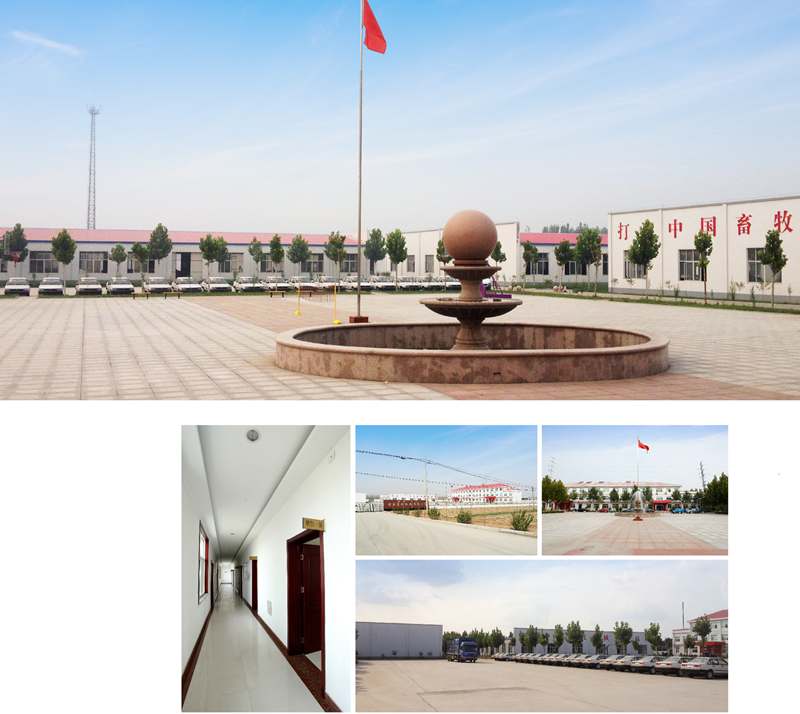
Shandong Huimin Qinle Livestock Machinery Co., Ltd. (formerly Shandong Huimin Qinle Livestock Machinery Factory) is a professional poultry equipment manufacturer with over 20 years of experience. We offer a comprehensive service package, from design (land and chicken coops), production (equipment and prefabricated steel coops), installation, commissioning, customer training, and after-sales service.
Located in Huimin County, Binzhou City, Shandong Province, China, the company has extensive experience in mechanical processing and manufacturing, as well as livestock machinery production and operation. With fixed assets of RMB 15 million, the company employs 160 people, including 30 R&D staff, and occupies a 40,000-square-meter factory. Equipped with over 110 pieces of advanced precision production equipment, including CNC machining centers and laser cutting machines, the company boasts a production capacity of RMB 50 million.
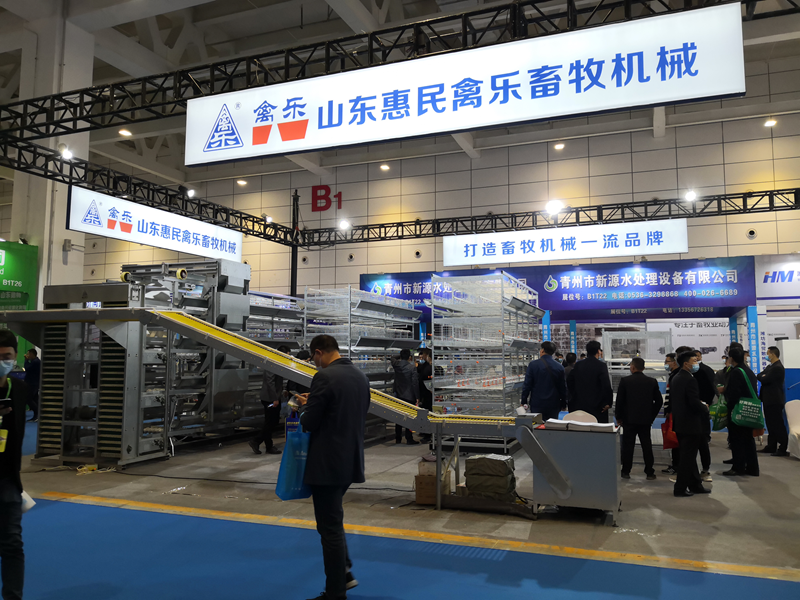
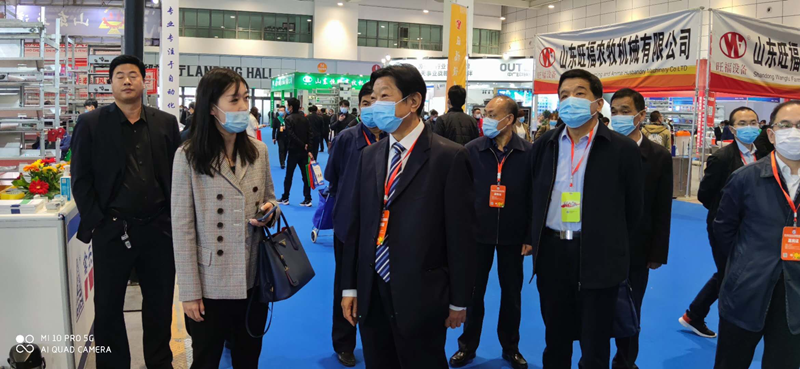
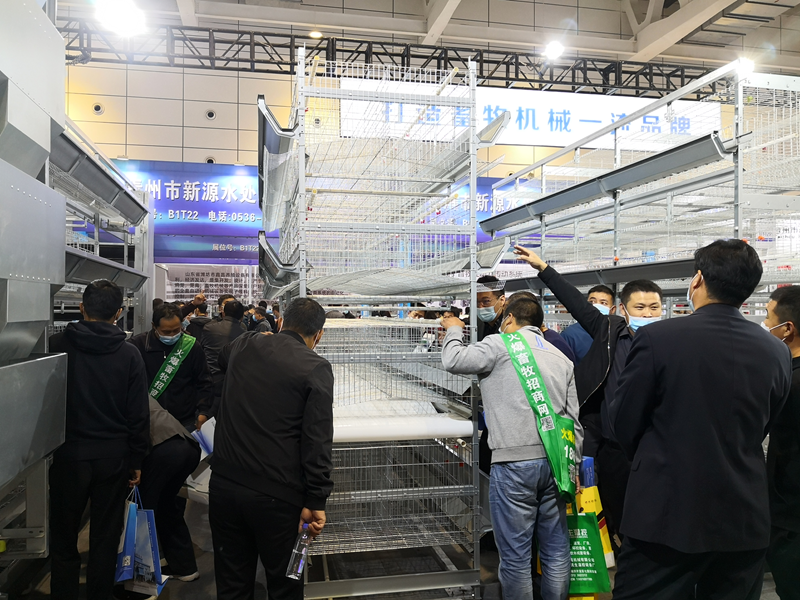
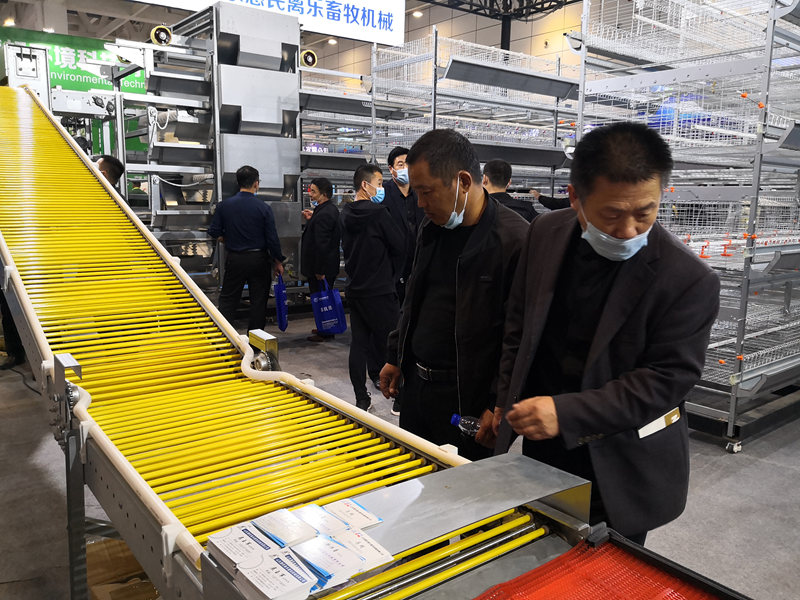
Chicken Farming Equipment Mesh Production Workshop

Machining Workshop
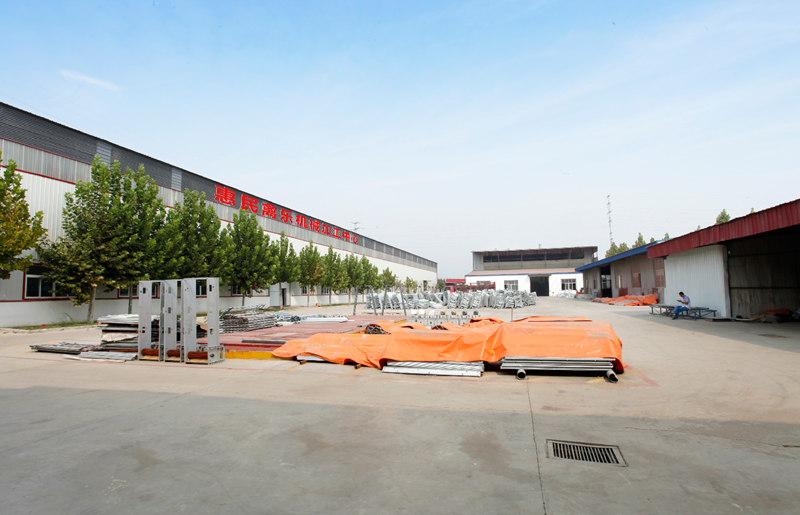
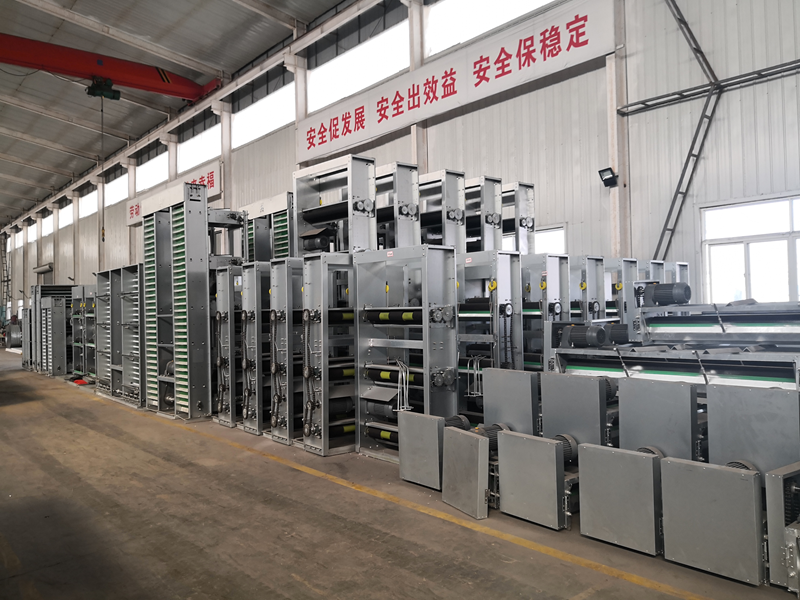
Turret-type CNC Punch Press, Laser Cutting and Other Machining Equipment
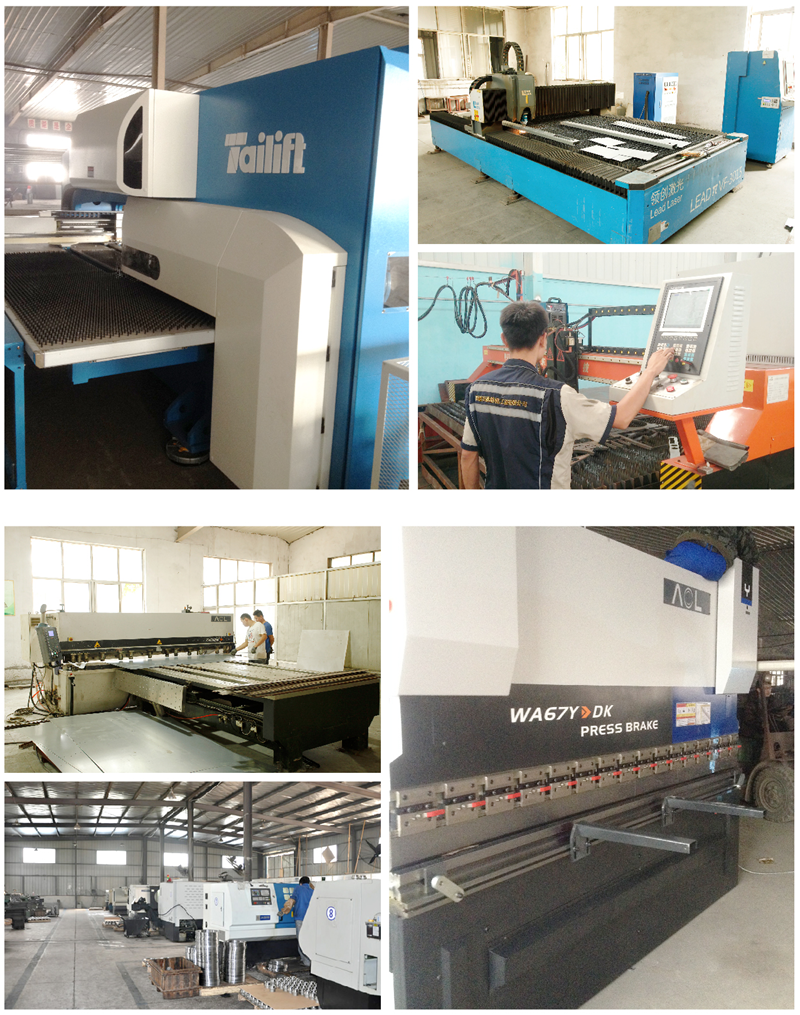
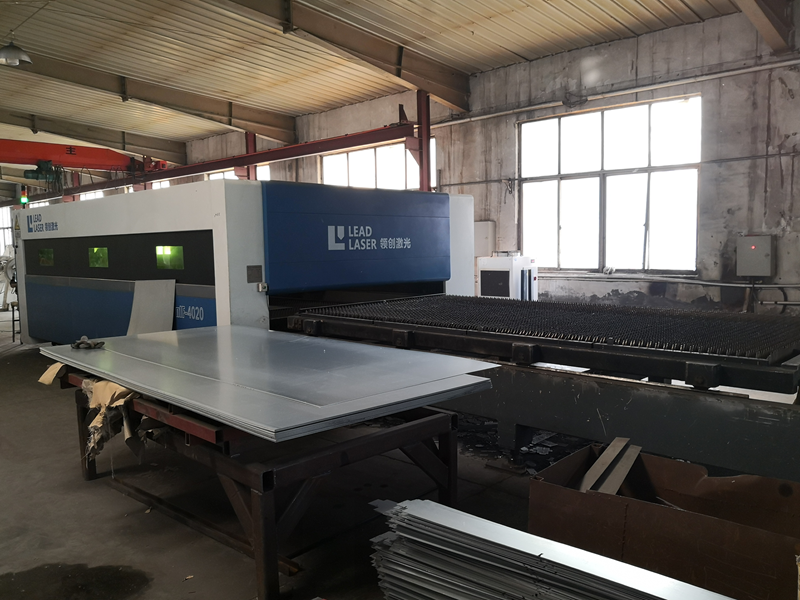

Fully Automated Roll Forming Production Line

Hot-dip Galvanizing Production Line

Electroplating Production Line
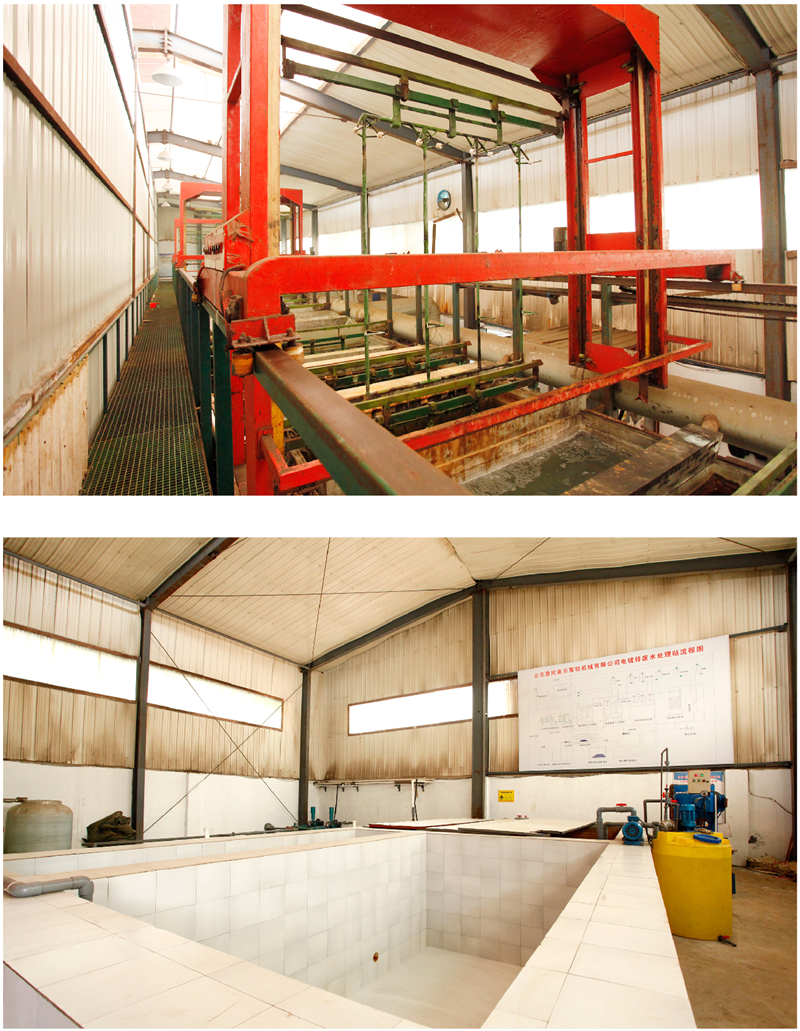
Environmental Protection Equipment
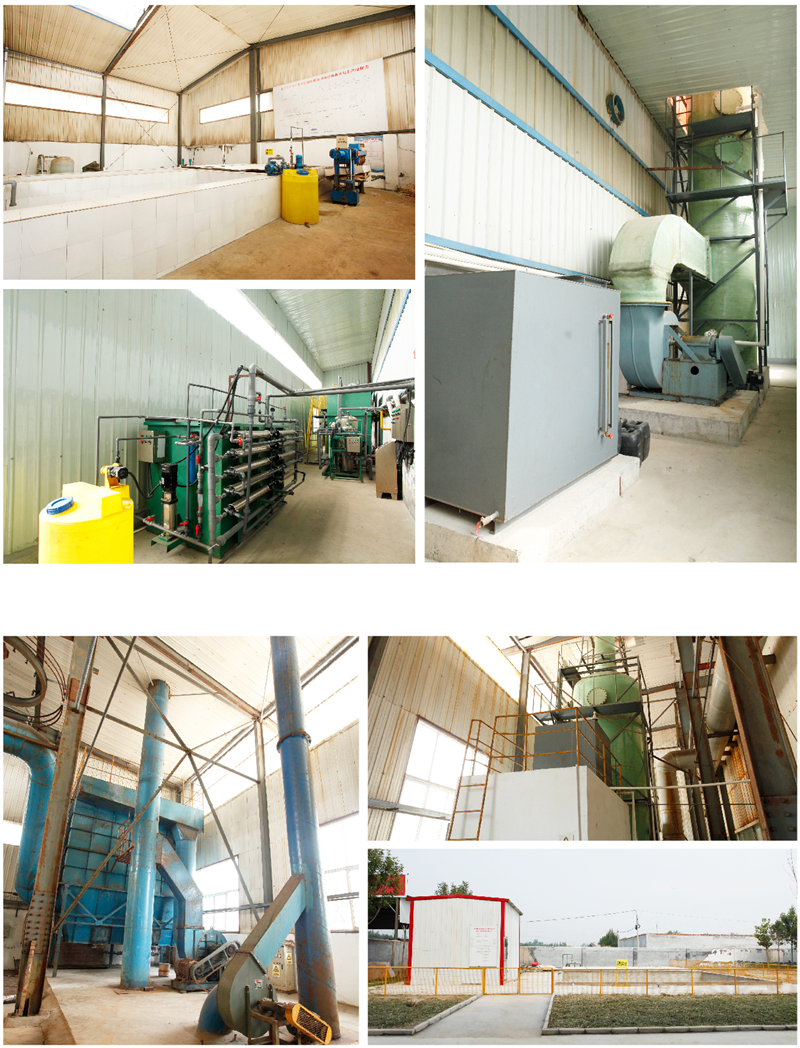
Chicken Farming Equipment Product Series
Egg-laying Hen Farming Equipment
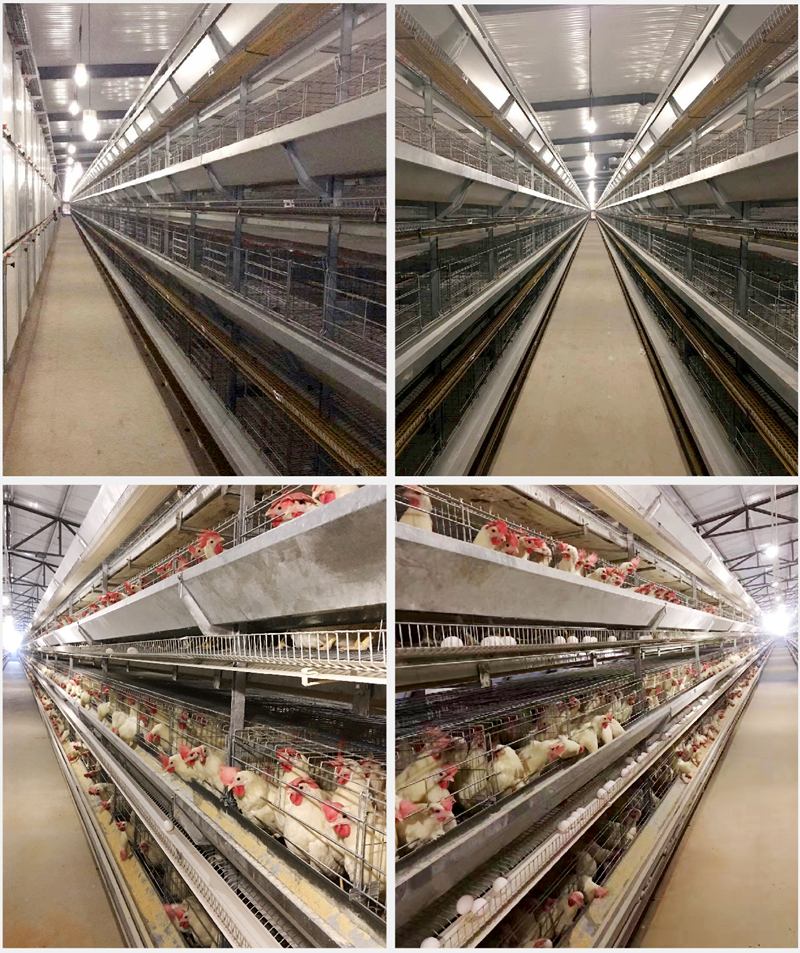
Stacked Brooding Cage Equipment

Stacked Broiler Cage Equipment
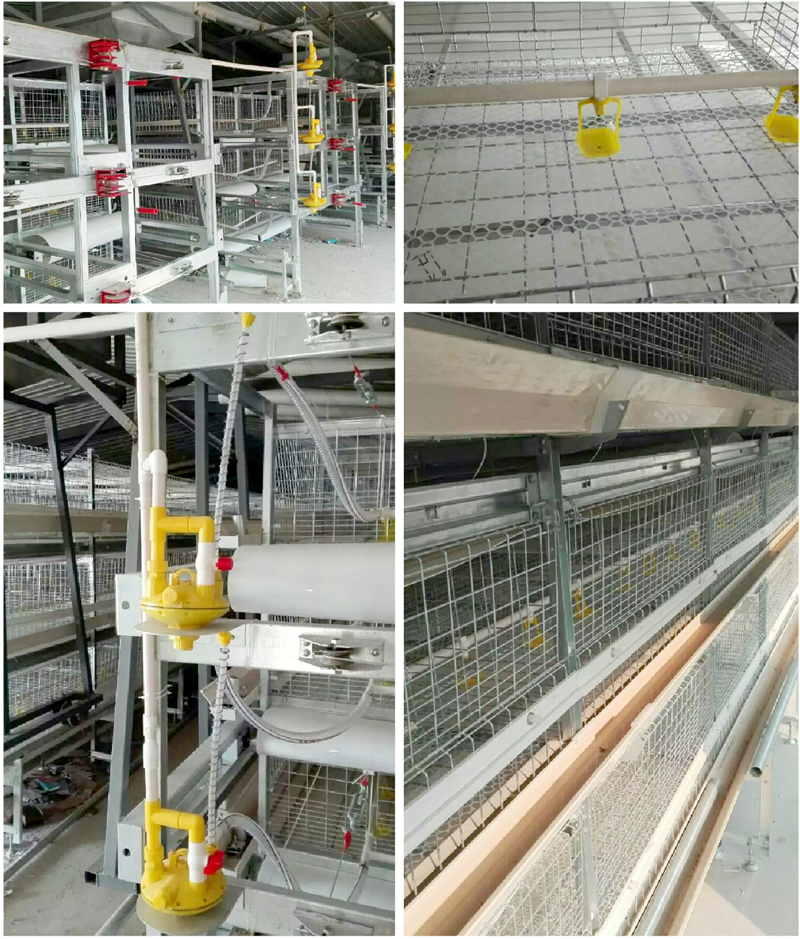
Stepped Layer Hen Cage Rearing Equipment
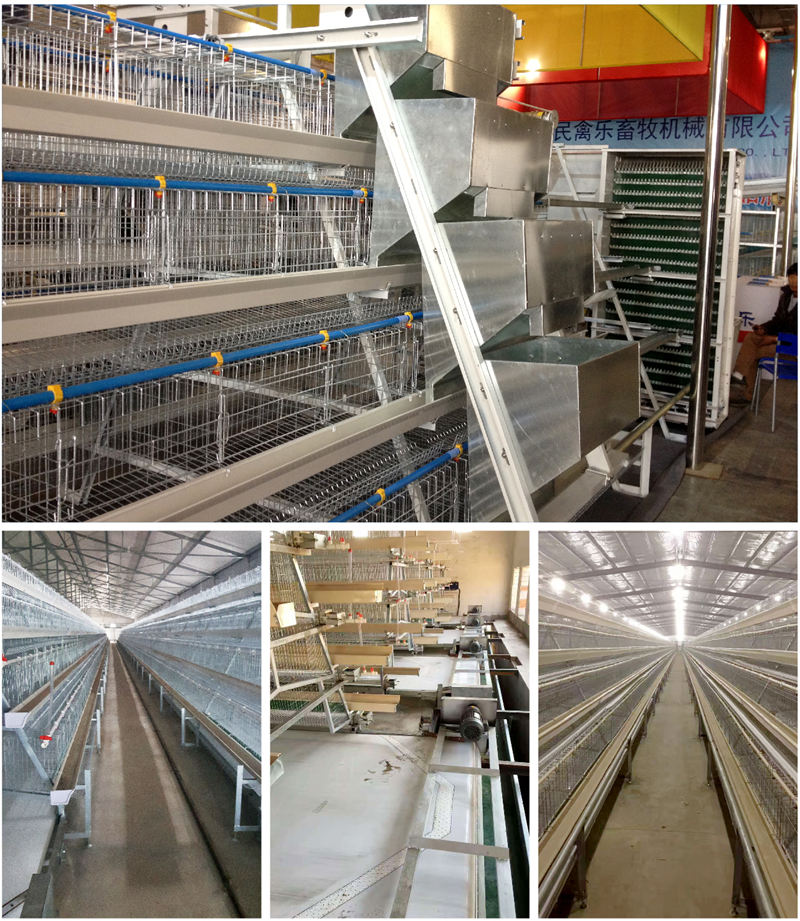
Automatic Egg Collection System
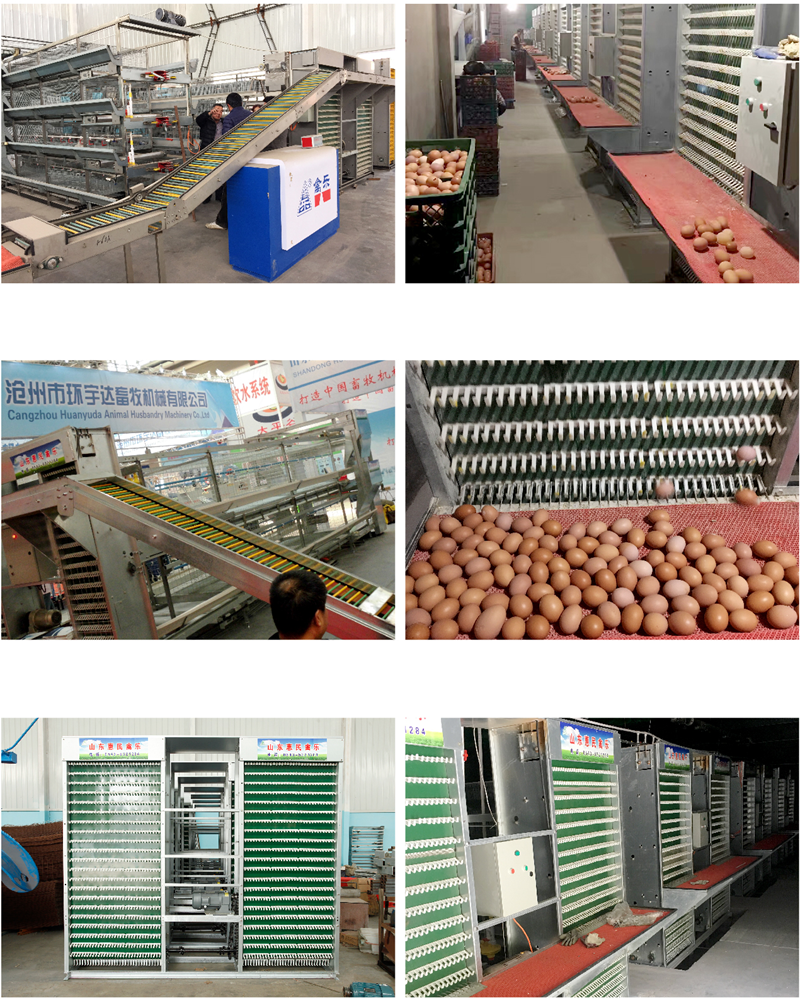
H-type Cage Feeding Machine
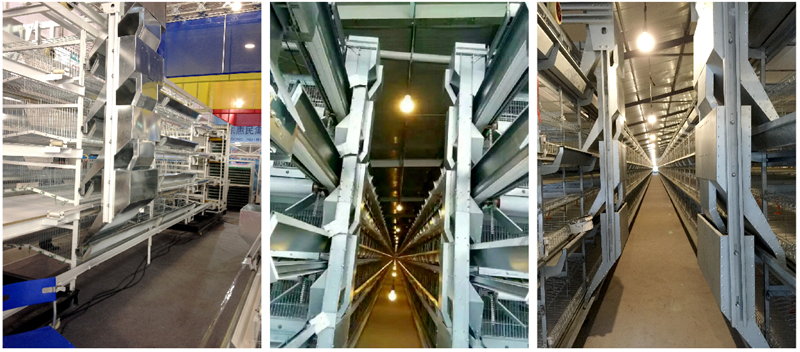
Stepped Cage Straddle Feeder
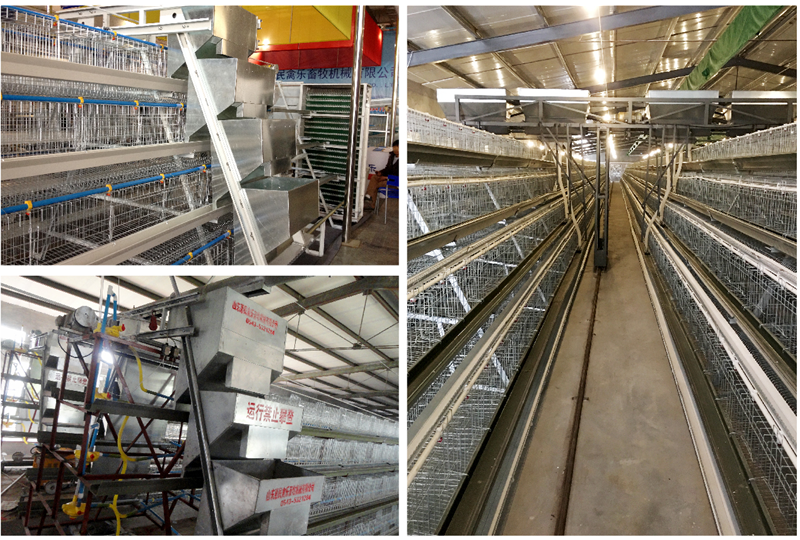
Manure Removal Machine
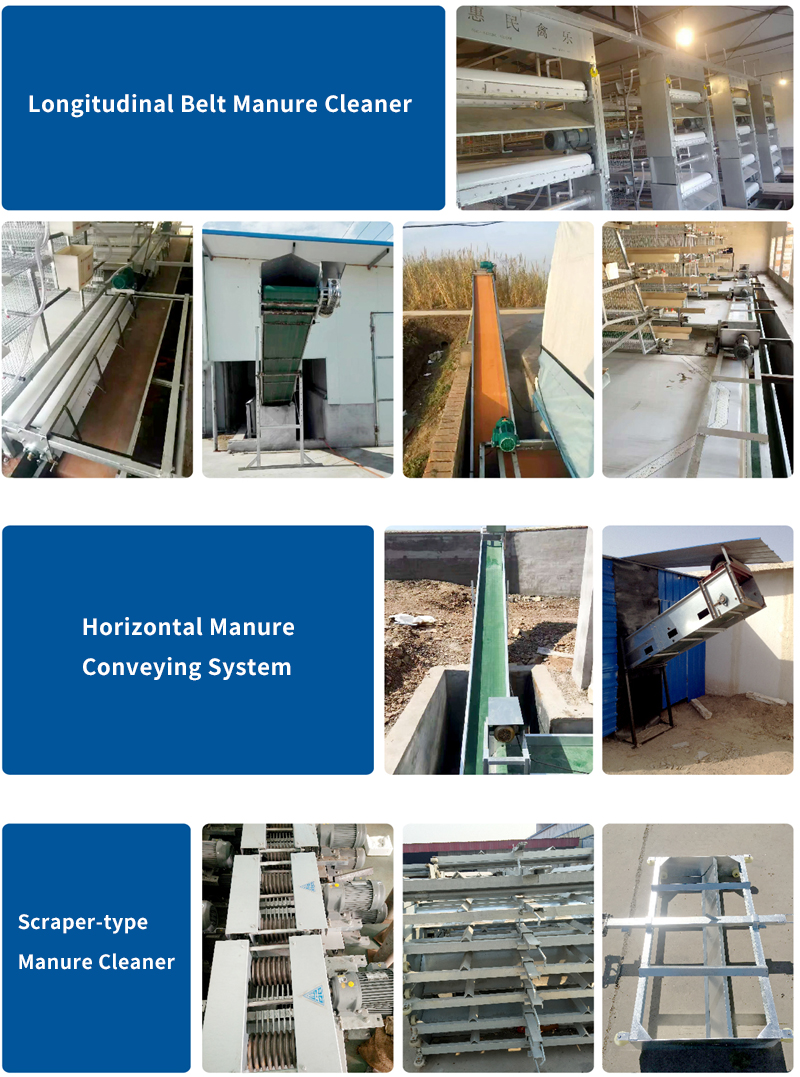
Fans, Heated Curtains, Environmental Control Systems, and Lighting Equipment
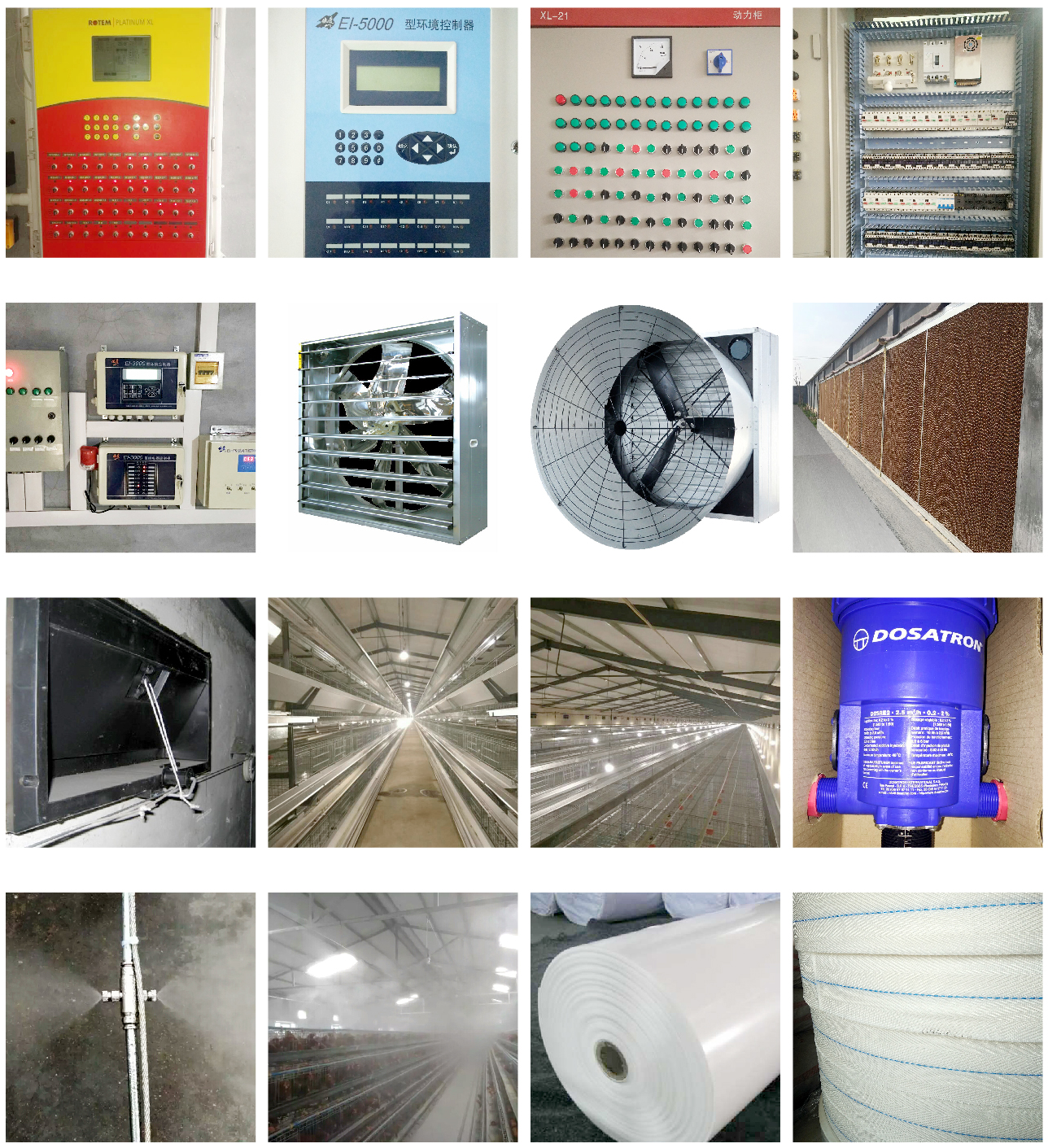
Complete Set of Equipment for Organic Fermentation Treatment of Manure
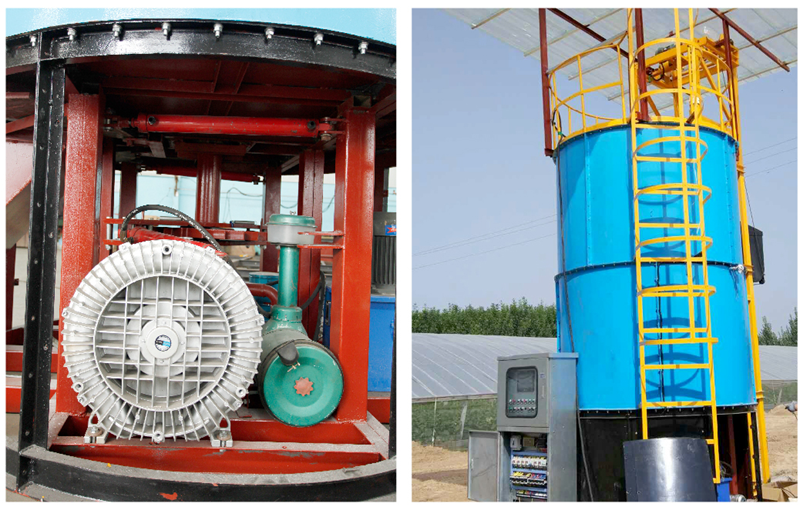

 Catalogue
Catalogue































 WhatsApp
WhatsApp телефон
телефон